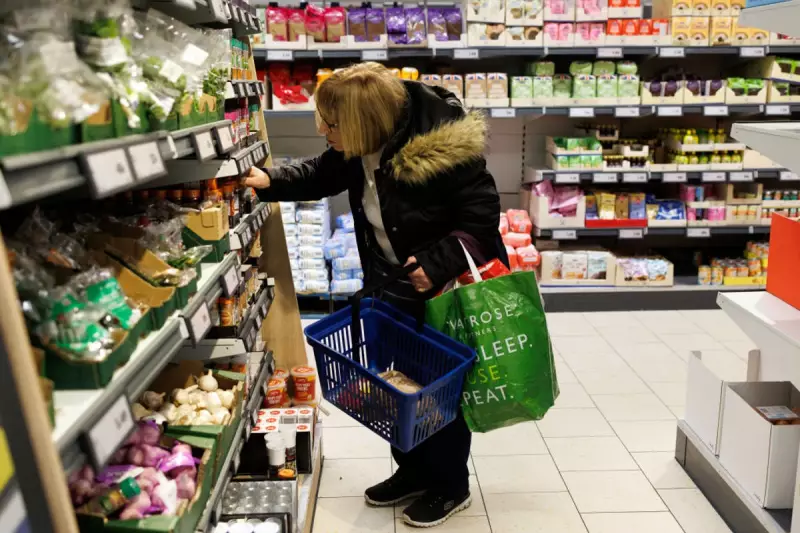
British households are facing a renewed squeeze on their finances as food price inflation continues to rise at double the rate of overall price increases, according to a stark new analysis. Despite a welcome fall in energy bills, the escalating cost of the weekly shop is threatening to eclipse any financial relief for families.
A Budget with Little Bite for the Shopping Basket
The Chancellor's recent Spring Budget has been criticised for offering little immediate help to those struggling with supermarket bills. While the 2p cut to National Insurance will provide some support, economists at the Institute for Fiscal Studies (IFS) warn it is unlikely to fully offset the persistent pressure from rising food costs.
"The fall in energy prices is being offset by food inflation, which remains stubbornly high," the analysis states. This creates a precarious situation where the overall rate of inflation may be falling, but the essentials that families buy every week are becoming significantly more expensive.
The Numbers Behind the Squeeze
Official data from the Office for National Statistics (ONS) paints a concerning picture:
- Food and non-alcoholic beverage prices rose by 5.0% in the year to February 2024.
- This is more than double the headline Consumer Prices Index (CPI) inflation rate of 2.4%.
- The cost of some staples, like sugar, has seen even sharper increases.
This disparity means that average wage growth, while positive, is not keeping pace with the rising cost of putting food on the table for many households.
What's Driving the High Cost of Food?
Experts point to a combination of factors keeping supermarket prices elevated. Disruptions in global supply chains, partly due to ongoing conflicts and climate-related issues affecting harvests, continue to push up import costs. Furthermore, high energy costs for producers and farmers are still being factored into the final price paid by consumers.
The situation underscores a challenging economic reality for the government: even as macroeconomic indicators improve, the day-to-day experience for voters remains one of financial pressure. With the next general election on the horizon, the cost of the weekly shop is set to remain a potent political issue.





